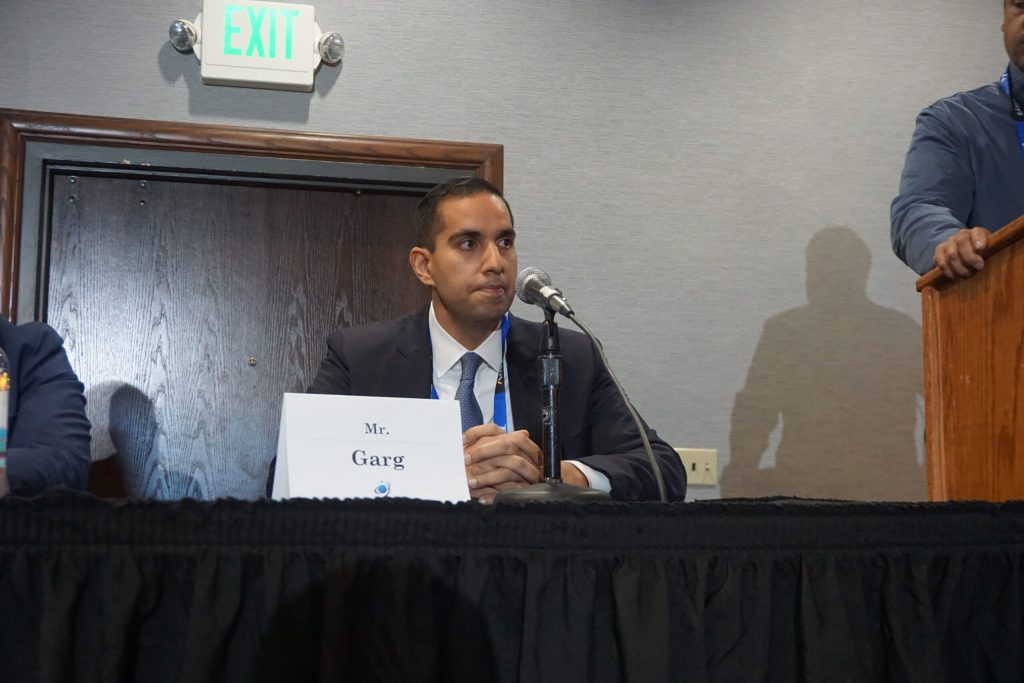According to a panel of investment bankers and equity analysts on April 9, it is getting harder for young space companies to secure funding as investors are more critical.
The trading performance of early-stage space companies on the stock exchange has been poor recently, and the end of cheap capital due to rising interest rates is making it difficult for businesses to grow in the market.
At the Space Symposium in Colorado Springs, Citigroup investment banker Sameer Garg mentioned that in the past, young space companies only needed one lead investor to secure funding.
Garg continued to explain that it then became a market where the success of a funding round depended on existing investors showing interest and support alongside a lead investor.
Garg stated that due to fatigue in the market, it has become a market where both existing and lead investors want to see support from others before closing a funding round.
Last year, Citigroup advised Sierra Space on a $290 million Series B funding round to speed up work on its Dream Chaser vehicle and commercial space stations.
Garg mentioned that this large funding round was only possible because existing investors participated significantly and joined a group of lead investors.
Akshay Patel, managing director of boutique investment bank PJT Partners, added that securing more capital in later Series B and C rounds is particularly challenging.
Companies at this stage face tough competition from other companies in space or in other sectors for growth dollars.
Space companies find it easier to raise funds in the early seed and Series A stages, where funding needs are smaller and they can attract more investors.
Mithil Mehta, an investment banker at JP Morgan, stated that the funding focus has shifted to seed, Series A, and Series B, where many people are willing to invest in the growing space market but are hesitant to invest big amounts in later stage companies.
According to Citigroup’s Garg, later growth stages should become easier for space companies as markets mature and procurement cycles become clearer.
Mehta advised young space companies to start approaching investors early and to present a well-developed story about why they need capital and how they plan to achieve profitability at scale, as investors are now more cautious.
Garg mentioned that while the U.S. government’s Space Development Agency's spending provides a boost for the space industry, there is a higher level of scrutiny from cautious investors.









